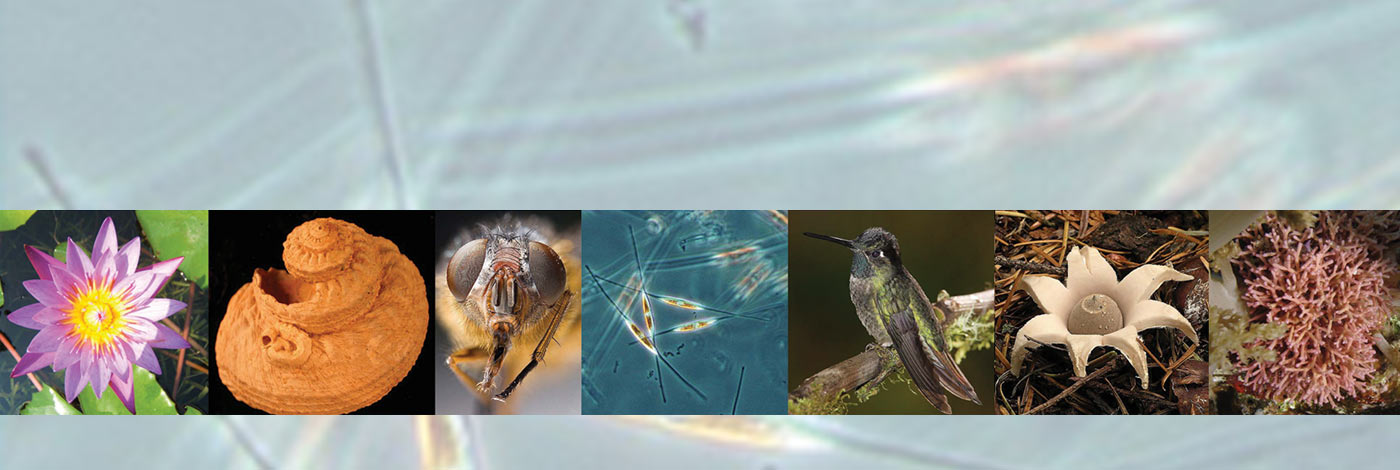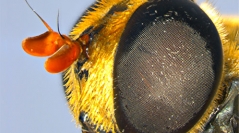

 European Journal of Taxonomy
2016 (237) - Pages 1-25 (EJT-237)
European Journal of Taxonomy
2016 (237) - Pages 1-25 (EJT-237)Several recent studies have detected and described complexes of cryptic and sibling species in the genus Merodon (Diptera, Syrphidae). One representative of these complexes is the Merodon avidus complex that contains four sibling species, which have proven difficult to distinguish using traditional morphological characters. In the present study, we use two geometric morphometric approaches, as well as molecular characters of the 5’-end of the mtDNA COI gene, to delimit sibling taxa. Analyses based on these data were used to strengthen species boundaries within the complex, and to validate the status of a previously-recognized cryptic taxon from Lesvos Island (Greece), here described as Merodon megavidus Vujić & Radenković sp. nov. Geometric morphometric results of both wing and surstylus shape confirm the present classification for three sibling species-M. avidus (Rossi, 1790), M. moenium Wiedemann in Meigen, 1822 and M. ibericus Vujić, 2015-and, importantly, clearly discriminate the newly-described taxon Merodon megavidus sp. nov. In addition to our geometric morphometric results, supporting characters were obtained from molecular analyses of mtDNA COI sequences, which clearly differentiated M. megavidus sp. nov. from the other members of the M. avidus complex. Molecular analyses revealed that the earliest divergence of M. ibericus occurred around 800 ky BP, while the most recent separation happened between M. avidus and M. moenium around 87 ky BP.
Merodon avidus complex, COI, geometric morphometry, wing, surstylus.